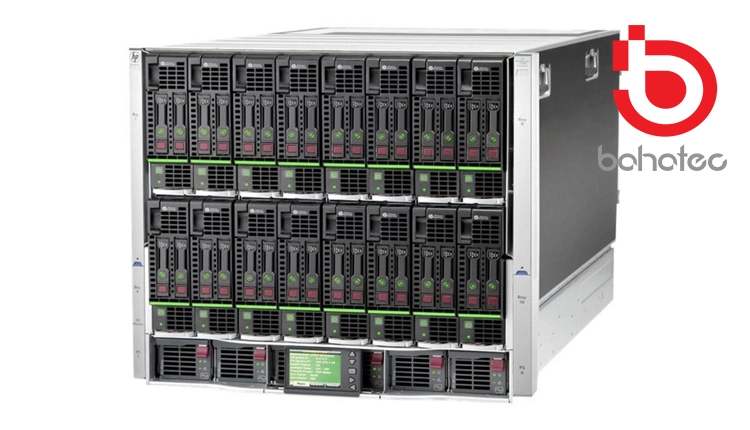HP Blade Servers: A Deep Dive
HP Blade Servers offer a compact and efficient solution for businesses seeking high-density computing. These servers, designed as modular components that slide into a shared chassis, provide exceptional performance, scalability, and manageability. Let’s delve into the intricacies of HP Blade Servers and understand why they are a preferred choice for many organizations.
Unlike traditional tower or rack servers, blade servers are designed as thin, modular blades that slide into a shared chassis. This chassis provides power, cooling, and networking for all the blades. This modular design offers several advantages, including:
- High density: Multiple blades can be housed in a single chassis, maximizing utilization of data center space.
- Energy efficiency: Shared power supplies and cooling systems in the chassis contribute to lower energy consumption.
- Centralized management: A single management interface can oversee all blades in the chassis, simplifying administration.
Key Features and Benefits of HP Blade Servers
- Scalability: These servers offer unparalleled scalability. As your business grows, you can simply add more blades to the chassis without disrupting existing operations.
- Performance: Equipped with powerful processors, ample memory, and high-speed storage, HP Blade Servers deliver exceptional performance for demanding workloads.
- Reliability: Redundant components and advanced fault tolerance features ensure high availability and minimize downtime.
- Flexibility: These servers can be configured to meet a wide range of computing requirements, from general-purpose computing to specialized applications like high-performance computing (HPC).
- Management: HP’s Integrated Lights-Out (iLO) management technology provides remote server management capabilities, allowing administrators to monitor and manage blades from anywhere.
- Security: Robust security features, such as hardware-based security and encryption, protect your data from unauthorized access.
HP BladeServer Series
HP offers several BladeServer series, each designed to meet specific needs:
- HPE Synergy: This composable infrastructure platform allows you to dynamically compose IT resources to meet changing business needs.
- HPE BladeSystem: This series provides a traditional blade server solution with a focus on scalability and performance.
Common Use Cases
- Data centers: These servers are ideal for data centers where space is limited and high density is required.
- Virtualization: They excel at running multiple virtual machines, consolidating multiple servers into a single physical chassis.
- High-performance computing (HPC): These servers are well-suited for HPC applications that require large amounts of computing power.
- Cloud computing: They provide a flexible platform for delivering cloud-based services.
Choosing the Right HP Blade Server
When selecting an this Server, consider the following factors:
- Workload: Determine the specific applications and workloads that your server will support.
- Performance: Assess the required processing power, memory, and storage capacity.
- Scalability: Consider your future growth plans and choose a chassis that can accommodate expansion.
- Budget: Set a budget and compare the costs of different this server models.
Conclusion
HP Blade Servers offer a compelling solution for businesses seeking high-density, scalable, and efficient computing. Their modular design, combined with powerful hardware and advanced management features, make them an excellent choice for a variety of applications. By carefully considering your specific requirements, you can select the right HP Blade Server to meet your business needs.


